Everyone knows the feeling after a bad night’s sleep, from irritability to unproductivity, but longer lasting sleep disruption can have a much more significant effect on both our mental wellbeing and our physical health. Regular poor sleep increases the risk of obesity, heart disease and diabetes, and can lead to shortened life expectancy.
Things to do improve sleep patterns:
1) Create a routine
2) Avoid blue light before bed
Blue light during the day, especially in the mornings and after lunch can be useful because it can make us feel more alert, but if we have too much blue light before bedtime then sleep can be disturbed, so avoid using a computer for long periods or watching too much television just before bed. Getting more natural rather than artificial light by going outdoors as much as possible during the day can also help increase daytime alertness and improve sleep quality.
3) Do some regular exercise (but not too close to bedtime)
4) Try to keep your mind blank
Clearing your mind is not easy but trying to be more relaxed about not sleeping can help. Try to concentrate on feeling calm and comfortable rather than thinking about getting to sleep. If a good idea is keeping you awake, keep a pad and pencil next to your bed and just write down the idea so that you can forget about it until the morning. Try some slow breathing and just concentrate on the action of breathing, perhaps counting your breaths as the air moves in and out or try some progressive muscle relaxation – tense and relax each part of your body in turn starting with the toes and working upwards. Try visualising a relaxing place such as a wood or beach. Learning meditation or mindfulness and cognitive behavioural therapy (CBT) may also help to calm your thoughts.
If you are still awake after 15 minutes or so, try getting up and doing a light relaxing task such as having a warm drink, reading or listening to an audio book or quiet music then go back to bed when you feel sleepy again.
5) Avoid stimulants and alcohol & Large meals late at night
A heavy meal before bed or too much spicy food at night can make it difficult to sleep, so consider how much you eat before bed. Herbal tea or a milky drink may help you relax but don’t drink too much before bed as this may mean you have to wake to go to the toilet at night.
6) Make your bedroom cool, dark and quiet
7) Try not to have a nap during the day
8) Medication
Some prescription medicines can also affect sleep, such as some antidepressants, painkillers and betablockers, so it is worth discussing changing your medication with your GP if your tablets seem to be causing a problem.
About me

For any help, clarification or advice feel free to call me on 07908 415 376 or leave a comment below and I will get back to you as soon as I can. To book an appointment call 07908 425 376 or complete the contact form on my contact page www.hbosteopathy.com. Don't forget to ask for Hannah
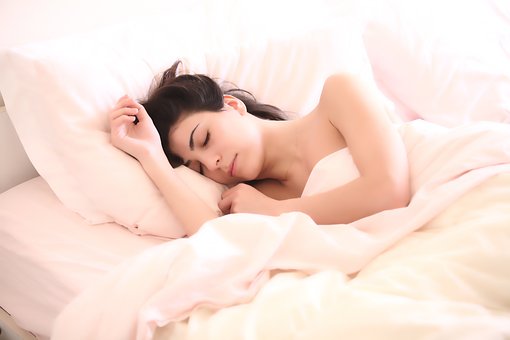
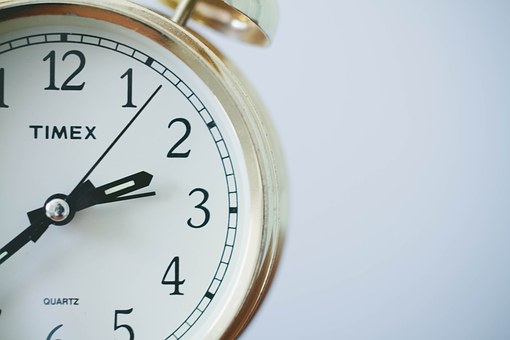
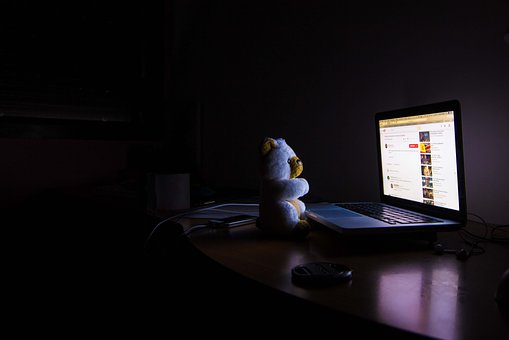
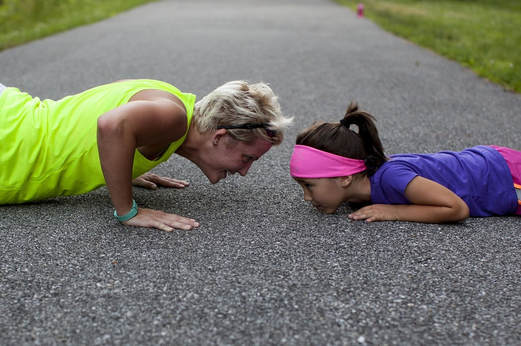


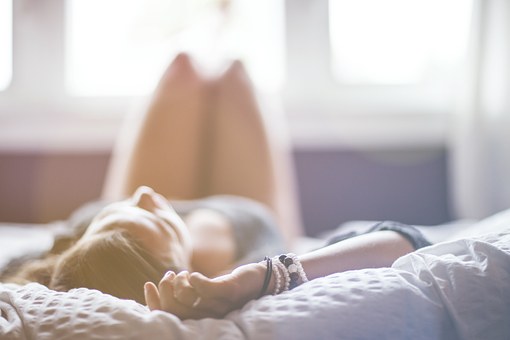


 RSS Feed
RSS Feed